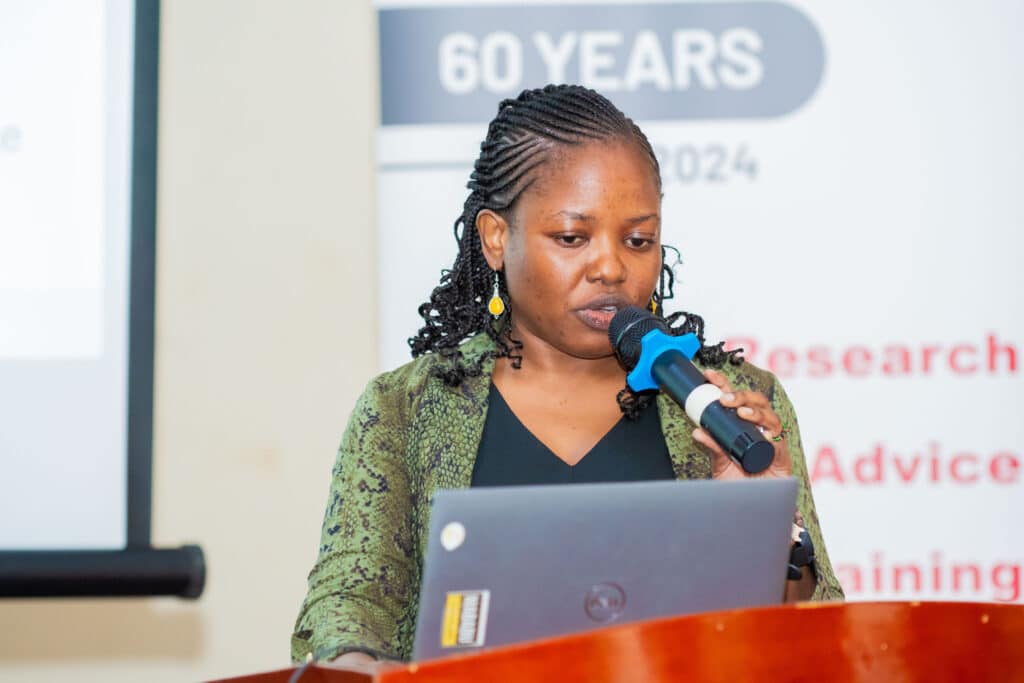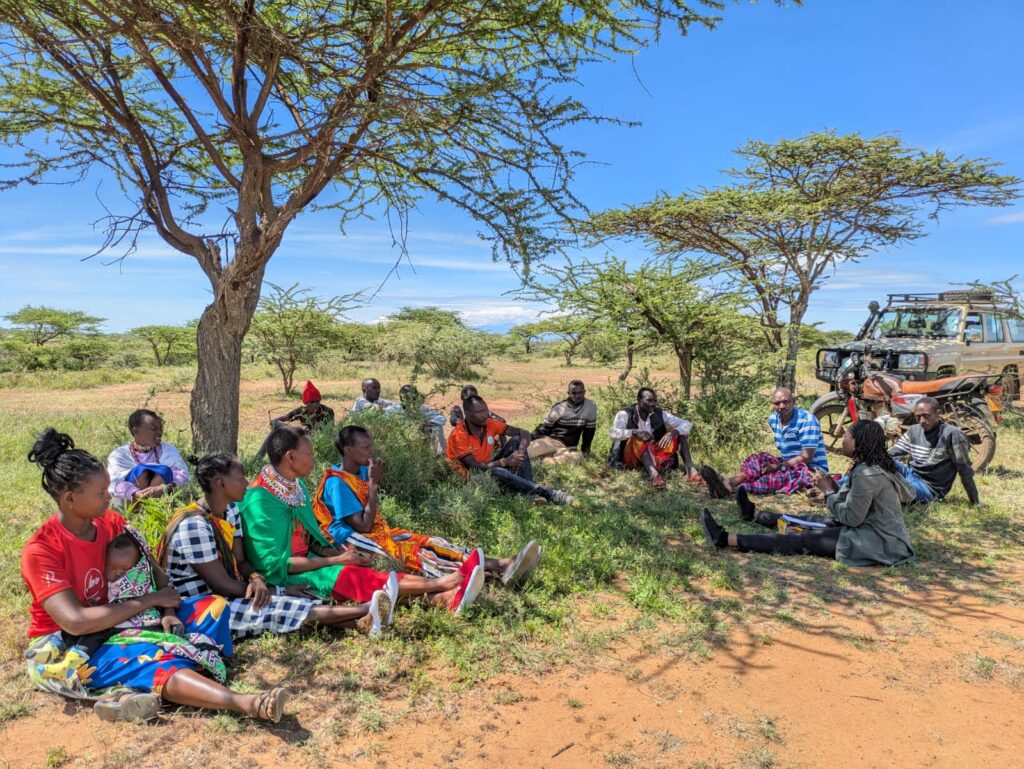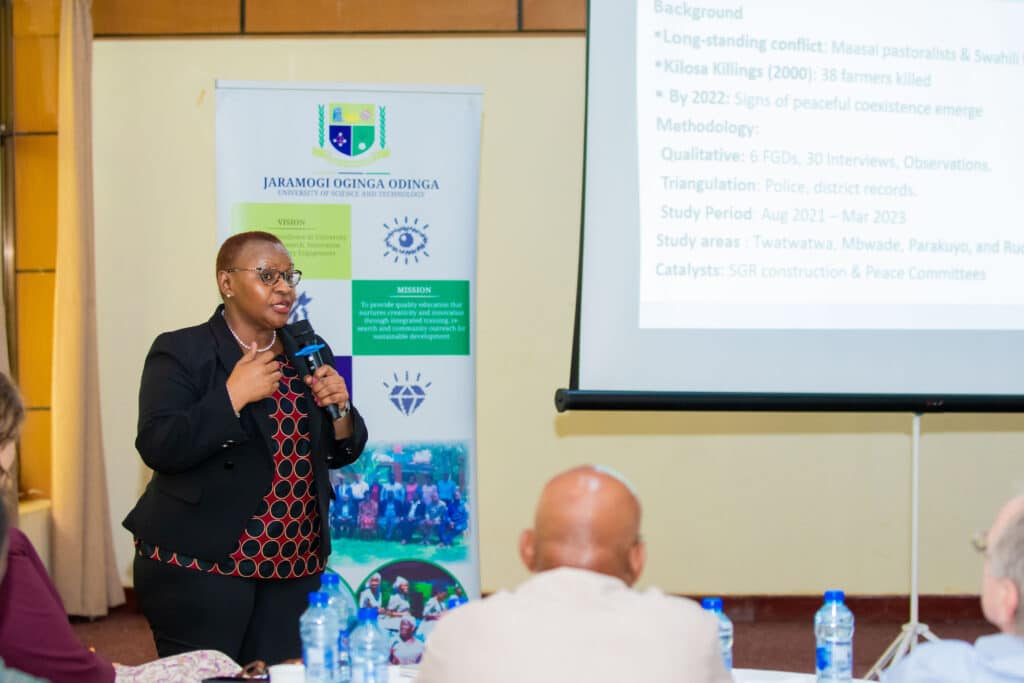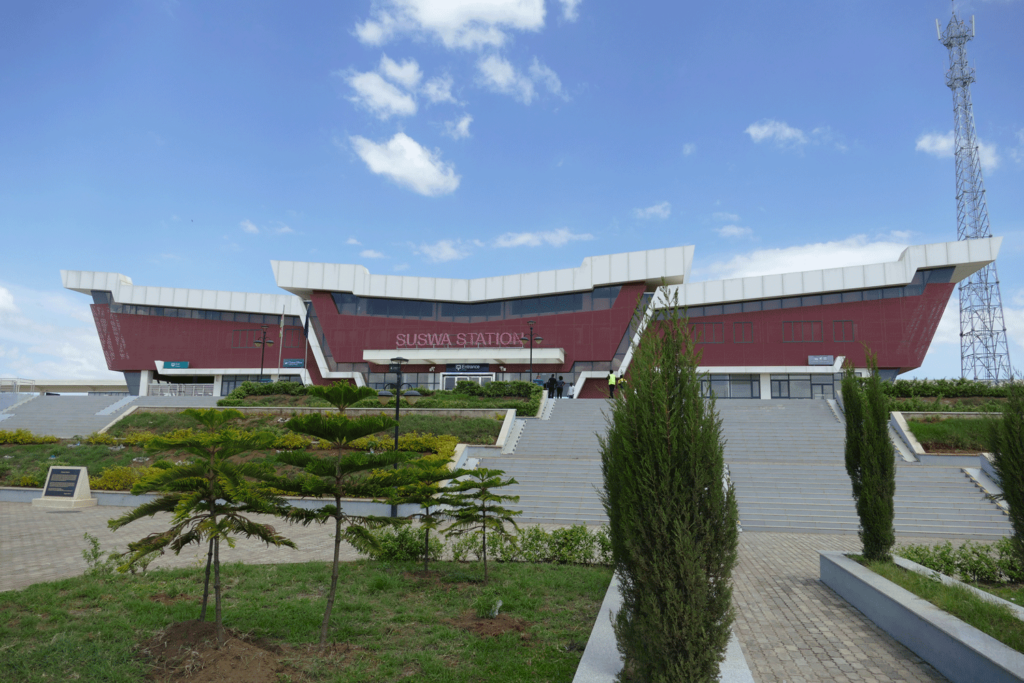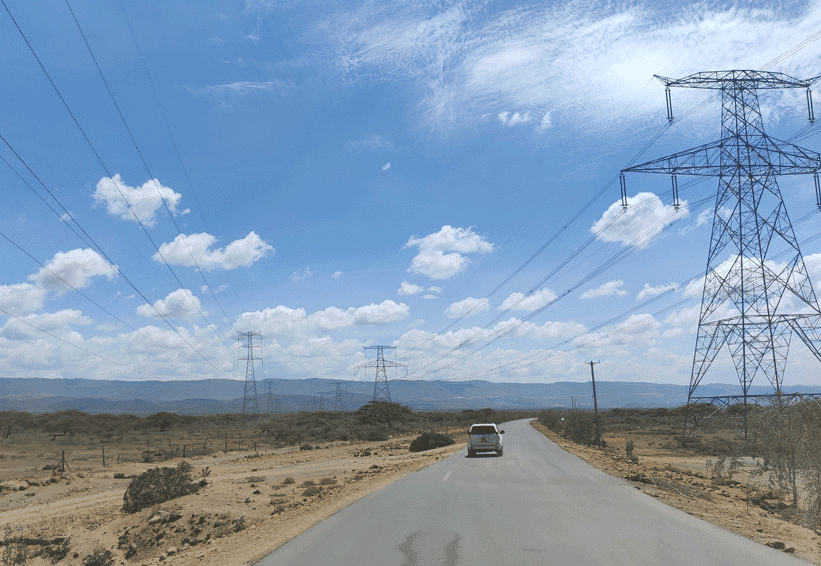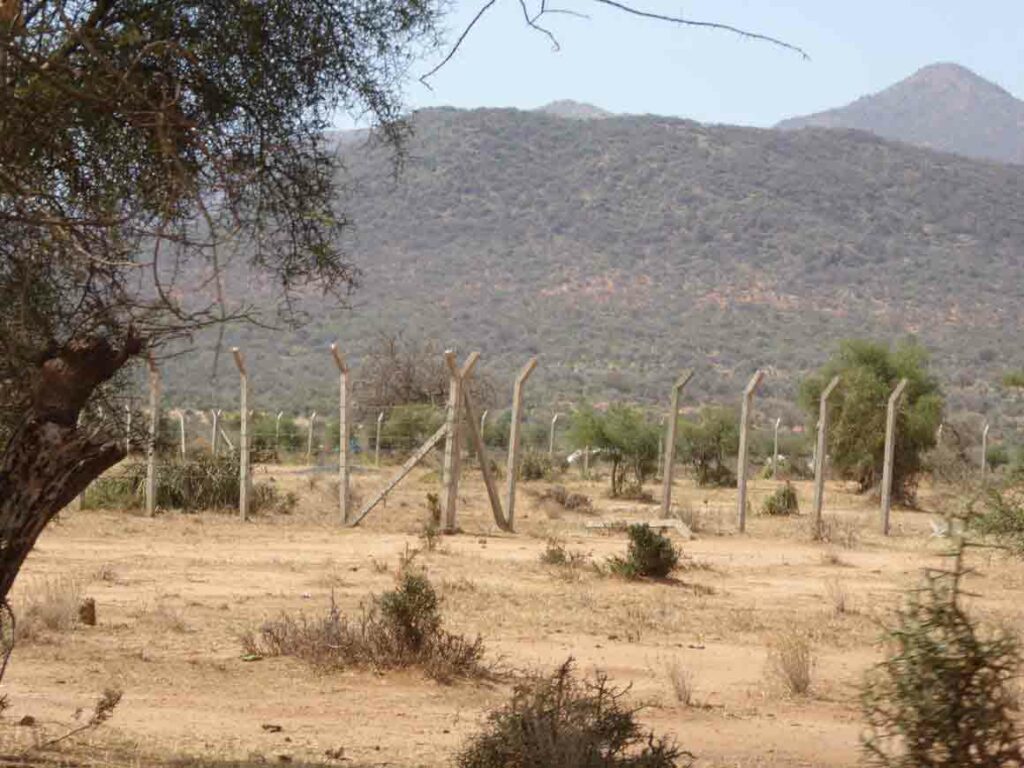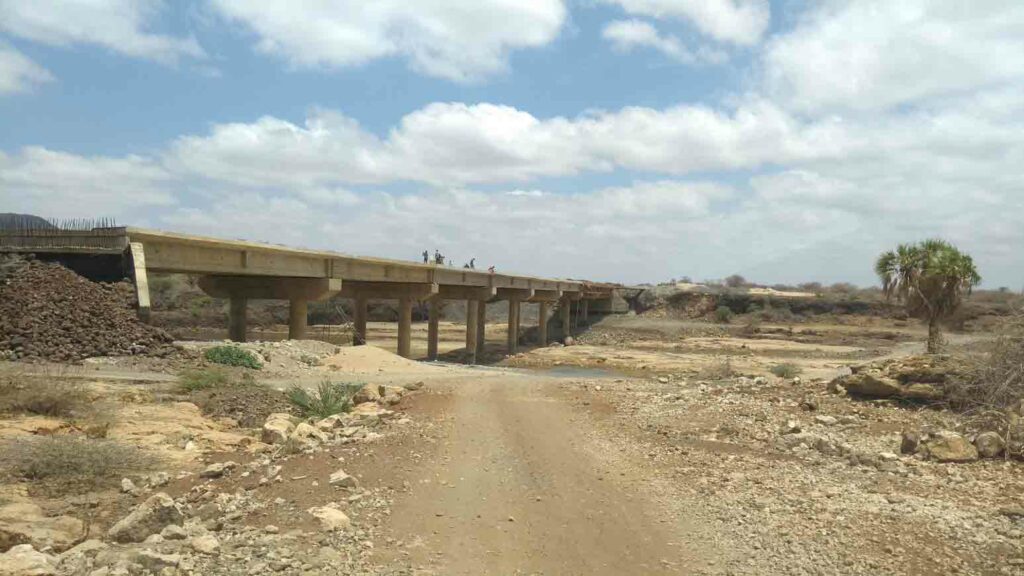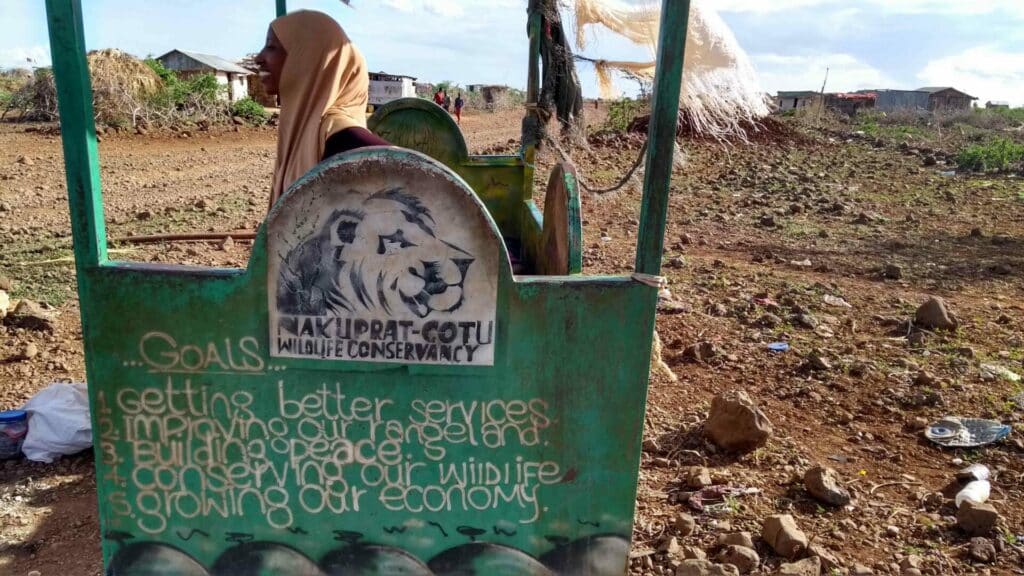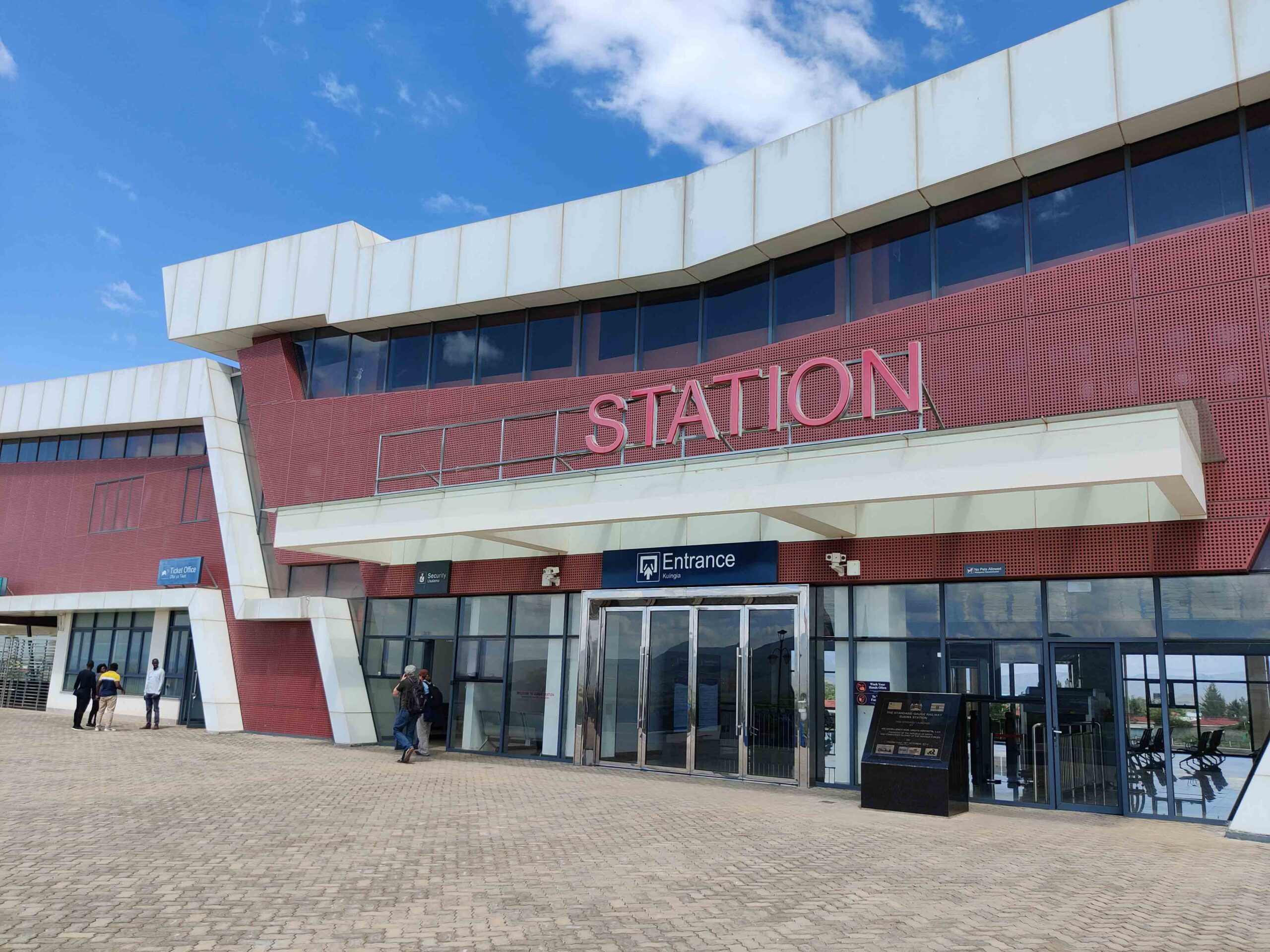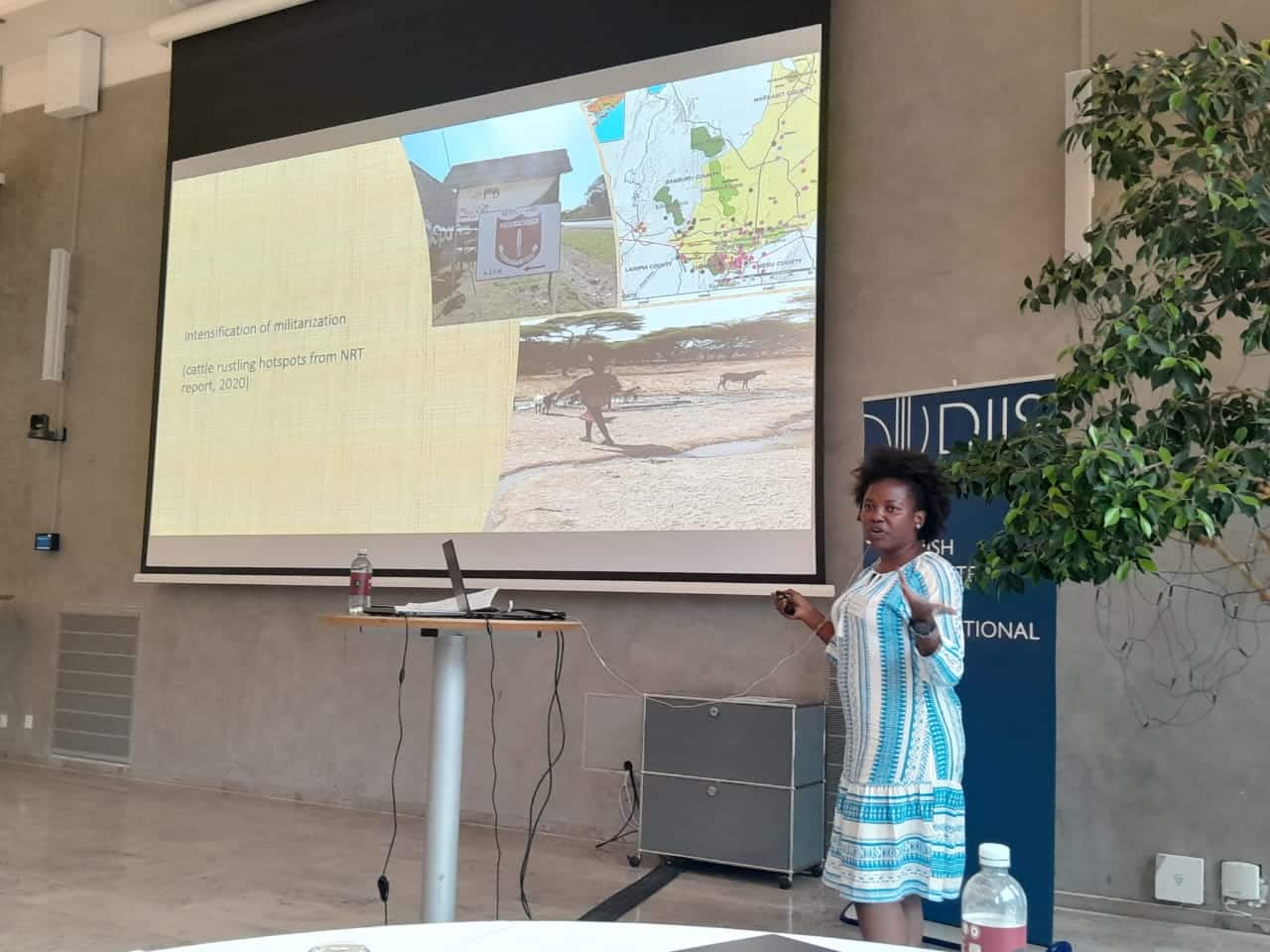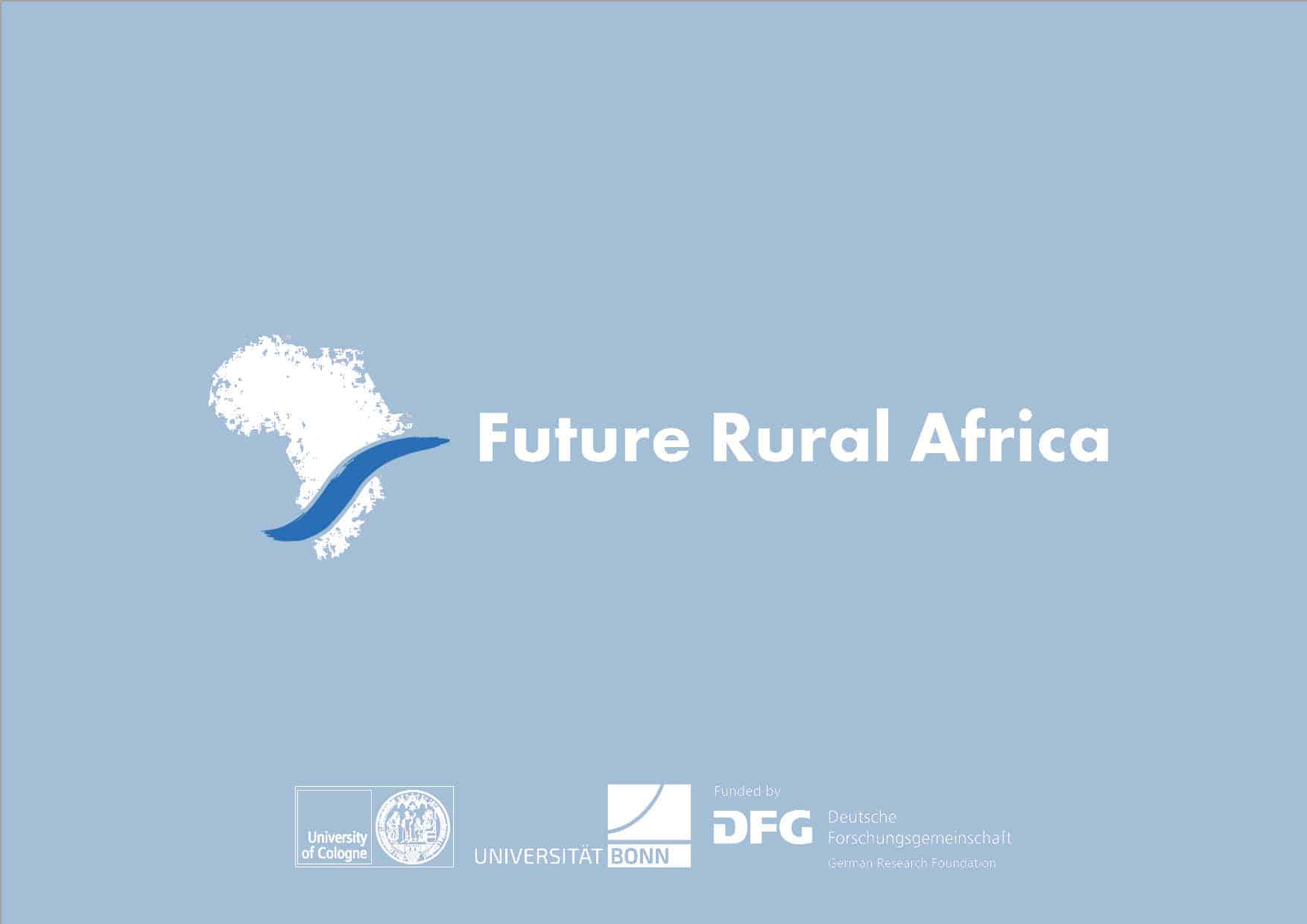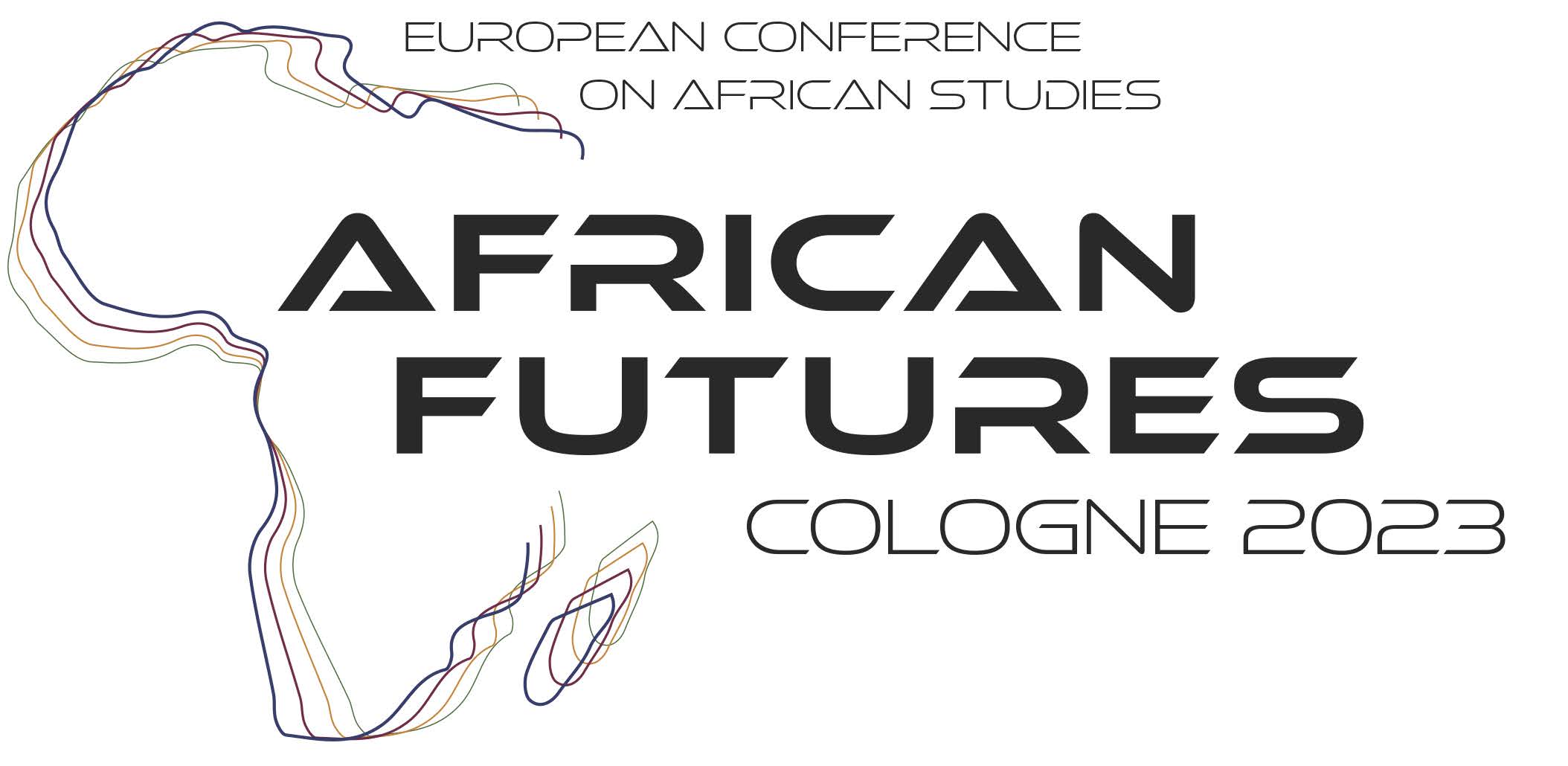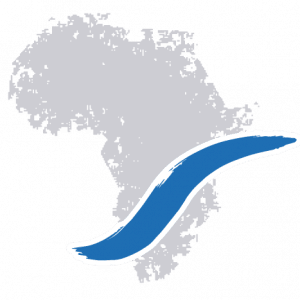CRC TRR 228 Project B03
Violent Futures?
Contestations along the frontier
B03 Violent Futures
Vision
Apply the concept of frontiers to analyze the relations between future-making and dynamics of violence in East Africa.
Project Summary
B03 applies the concept of frontiers – shifting socio-spatial boundaries, defined by an expansive social order that is pushing into new terrain – to analyze the relations between future-making and dynamics of violence in East Africa. To this end, phase 1 conducted qualitative empirical research on large-scale infrastructure and conservation projects in pastoral rangelands – namely, the Lamu Port, South Sudan, and Ethiopia Transport (LAPSSET) corridor in Northern Kenya. Our findings served to further develop and refine our heuristic concept of frontiers.
In the current phase we will turn that concept into an analytical tool for undertaking systematic and comparative empirical research of development corridors in Kenya and Tanzania. We want to look into three additional case studies, each of which addresses a new aspect: Work Package 1 asks how an understanding of violent dynamics in frontier constellations can contribute to developing measures for mitigating their most destructive effects. It builds upon and further expands our field research in the Kenyan Northern Rift Valley where the LAPSSET corridor is planned. Work Package 2 investigates what analytical advantages can be gained from applying our frontier concept to regions where the socioeconomic context differs from the cases studied in the previous phase. In Narok County, located in the southern Kenyan Rift Valley, the planned standard-gauge railway (SGR) project cuts through a region which is no longer a purely pastoralist region but has already faced substantial socioeconomic changes. Work Package 3 investigates the changing social orders through the lenses of organized violence within Samburu county in Northern Kenya. This work package will examine to what extent in a frontier constellations do organized violence change. An additional Explorative Work Package (ExWP) studies the Central Corridor in Tanzania and will concentrate on variations in future-making practices. The Central Corridor cuts through pastoral rangelands like the LAPSSET corridor. However, the positioning of the state in Tanzania is characterized by a much stronger assertiveness than in Kenya. This is why the way developmental visions are projected and implemented differs. Hence, we hypothesize that the social transformations and the dynamics of violence will also be different than in the LAPSSET corridor. Due to the political situation in Tanzania, the ExWP has a rather testing character and is not located at the core of the 2nd phase of B03. Towards the end of phase 2, Work Package 4 will synthesize our findings from work packages 1, 2 and 3 as well as the ExWP. By investigating the interrelations between future-making practices at frontiers and violence, we intend to stimulate discussions also relevant to other project partners within the CRC about boundary-making as one of the CRC’s bridging concepts.
Research Regions: Kenya, Tanzania
Problem Statement
Large-scale planning schemes are usually accompanied by contested, future-oriented claim-making that, often enough, escalates into violent clashes or leads to new formations of organized violence (e.g. privatization, militarisation). The project aims to investigates such interplays between future-oriented claim making and organized violence. In the current phase we will turn the concept of frontiers into an analytical tool for undertaking systematic and comparative empirical research of development corridors in Kenya and Tanzania.
Key Questions
- How can an understanding of violent dynamics in frontier constellations contribute to developing measures for mitigating their most destructive effects?
- What analytical advantages can be gained from applying our frontier concept to regions where the socioeconomic context differs from the cases studied in the previous phase?
Methodology
- Qualitative Interviews with representatives of the government, communities, NGOs, and private companies
- Analysis of various databases and the interactive map of violent incidents generated in phase one
- Analysis of archival reports, media and secondary literature
- Field visits and working sessions in Bonn and Kenya
Key Findings from Phase II
Key Findings from Phase I
We conducted qualitative field research along the LAPSSET corridor in Northern Kenya. Our main areas of research were the counties of Turkana, Samburu, Baringo, and Isiolo. With respect to our concept of frontiers, the following findings are important:
• State of exception: Large parts of the rangelands are trust land, administered by the counties on behalf of pastoral communities. It can therefore be acquired by the state with fewer legal constraints than titled freehold land.
• Frontier habitus: A ‘frontier habitus’ of planners that disregards existing social orders led to fears of marginalization, and loss of livelihood options among pastoral communities. The “dreamscape” of planners, however, also drew in different parts of the local population, who aspired towards venturing into agriculture, ranging, and new businesses.
• Dispossessions: Already rumours and mere announcements concerning the LAPSSET corridor exacerbated social inequalities through actual or threatened displacements and the reduction of rangelands.
• Blurring the lines: The new infrastructure development in combination with the presence of wildlife conservancies led to a blurring of the lines between armed state actors, the private sector, and security forces at the community level.
• Direct violence: Repeated quarrels over hoped-for benefits from the LAPSSET corridor have led to a reinforcement of ethnic boundaries accompanied by politically incited violence along county borders.
In a nutshell, the partially violent competition over land and boundaries and the blurring of the lines between state, private, and community structures of organized violence indicate an ongoing process of negotiation about social orders along the LAPSSET corridor.
Relation to the CRC
Large-scale planning schemes initiate frontiers which emerge as fluid boundaries between different forms of land-use. Such frontiers are sites of contestations and violent conflicts, where contradicting imaginations of the future collide. Social-ecological transformation thus goes hand in hand with a re-arrangement of organized violence. The project highlights the unintended consequences of a certain vision (frontier habitus) that planners and entrepreneurs have of developing a supposedly ‘empty space’.
Publications
Bachmann, J., Mkutu, K., & Owino, E. A. 2024. (Re-) moving earth, building Kenya–The politics of sand extraction in Kedong. Geoforum, 149, 103949. DOI
Bond, J. & Mkutu, K. 2018. ‘Exploring the hidden costs of human-wildlife conflict in northern Kenya’, African Studies Review, vol. 6, no.1, pp. 33-54. DOI
Grawert, E. 2019. ‘Between “strong institutions“and the “political marketplace”: layers of land conflicts in Northern Kenya’, in FriEnt Studies, vol. 7, Land and Conflict Prevention. How integrated solutions can help achieve the Sustainable Development Goals, pp. 42-45, viewed 28 September 2020. Link
Greiner, C., Klagge, B., Owino, E. A. 2023. The political ecology of geothermal development: Green sacrifice zones or energy landscapes of value? Energy Research & Social Science, 99, 103063. DOI
Kalvelage, L., Bollig, M., Grawert, E., Hulke, C., Meyer, M., Mkutu, K., Müller-Koné , M., Revilla Diez, J. 2021. ‘Territorialising Conservation: Community-based Approaches in Kenya and Namibia’, Conservation and Society. Access Link
Korf, B., Raeymaekers, T., Schetter, C. & Watts, M. 2018. ‘Geographies of limited statehood’, in T Risse, T. Börzel & A Draude (eds), The Oxford handbook of governance and limited statehood, Oxford University Press, Oxford, pp. 167-187. DOI
Mkutu, K. 2023. The frontier on the doorstep: development and conflict dynamics in the southern rangelands of Kenya, Journal of Eastern African Studies, DOI
Mkutu, K. 2022. Anticipation and contestation along the LAPSSET infrastructure corridor in Kenya. Nomadic Peoples, 26(2), 190–218. DOI
Mkutu, K. 2020. ‘Security dynamics in conservancies in Kenya: The case of Isiolo County’, BICC Working Paper series, no. 3, 2020. viewed 28 September 2020. Link
Mkutu, K. 2019. ‘Pastoralists, politics and development projects. Understanding the layers of armed conflict in Isiolo County, Kenya’, BICC Working Paper series, no. 7, 2019. viewed 28 September 2020. Link
Mkutu, K., Anderson, D., Lugusa, K., & Owino, E. 2022. Water Governance, Institutions and Conflicts in the Maasai Rangelands. The Journal of Environment & Development, 1-26. Link
Mkutu, K., Mdee, A. 2020. ‘Conservancies, conflict and dispossession: the winners and losers of oil exploration in Turkana, Kenya’, African Studies Review, pp. 1-27. DOI
Mkutu, K., Mkutu, T., Marani, M. 2019. ‘New oil developments in a remote area: environmental justice and participation in Turkana, Kenya’, The Journal of Environment & Development, vol. 28, no. 3, pp. 223-252. DOI
Mkutu, K., Müller-Koné, M., Owino, A.E. , 2021. ‘Future visions, present conflicts: the ethnicized politics of anticipation surrounding an infrastructure corridor in northern Kenya, Journal of Eastern African Studies. DOI.
Mkutu, K., Owino, E. A., Schetter, C., Mkutu, T. 2025. Double Gain, Double Loss: Property Rights and Dispossession Surrounding Kenya’s Rail Project. Journal of World Affairs 1(1) 121-137. DOI
Müller-Koné, M., Grawert, E. & Schetter, C. 2020. ‘Zwischen Naturschutz und Gewaltkonflikten: Conservancies in Nordkenia‘, Geographische Rundschau, vol. 72, no. 5, pp. 16-21. Link
Müller-Koné, M., Kioko, E. 2024. Frontier dynamics: Cross-cutting ties, conflict and contestation on agricultural and conservation hinterlands of Lake Naivasha’, in Kuiper, G., Kioko, E. & Bollig, M. (eds). Agricultural Intensification, Environmental Conservation, Conflict and Co-existence at Lake Naivasha, Kenya. Leiden: Brill, pp.251-278. DOI
Navarro, R., Saleh, L., Owino, E. A. 2025. Pastoral Conflict on the Greener Grass? Exploring the Climate-Conflict Nexus in the Karamoja Cluster. International Journal of Disaster Risk Reduction, 105287. DOI
Ndunda, E., Mkutu, K. 2022. Exploring peacebuilding potentials in northwestern Kenya. The case of West Pokot.” in Ohta, I., & Nyamnjoh, F. B. (Eds.). (2022). African Potentials: Bricolage, Incompleteness and Lifeness. African Books Collective, pp.119-13
Okwany, C., & Owino, E. A. 2024. Transformation of organized Violence from a natural Resource management perspective: A comparative case of Samburu and Isiolo counties, Kenya. Journal of Autonomy and Security Studies. DOI
Schetter, C. & Müller-Koné, M. 2020. ‘Frontier – ein Gegenbegriff zur Grenze?’, in D Gerst, M. Klessmann & H Krämer (eds) Handbuch Grenzforschung, Frankfurt: Nomos, pp. 235-248. Link

